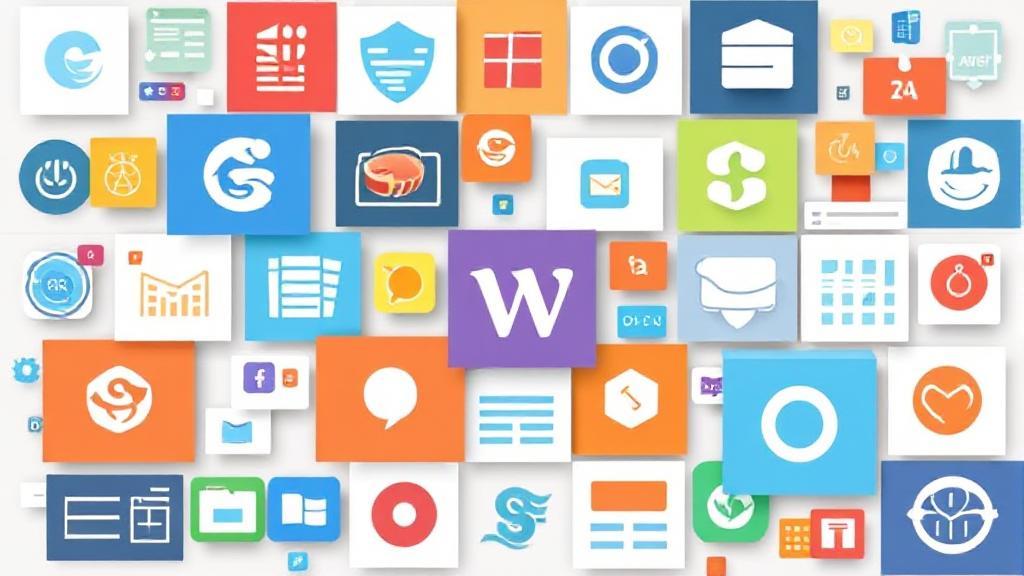What is a CMS?
A Content Management System (CMS) is a software application that enables users to create, edit, manage, and publish content on the web without needing extensive technical knowledge. It separates content creation from the technical aspects of website management, allowing content creators to focus on writing and editing while developers concentrate on functionality and design.
Key Components and Features
- Content Repository: Where all digital assets are stored
- User Interface: The dashboard where users create and manage content
- Publishing Tools: Features that control how and when content goes live
- Templates: Pre-designed layouts for consistent presentation
Additional key features include:
- User-Friendly Interface: Most CMS platforms offer a graphical user interface (GUI) that simplifies content creation and editing
- Content Editing Tools: Rich text editors, drag-and-drop functionality, and media management tools
- Version Control: Track changes and revert to previous versions if necessary
- SEO Tools: Built-in features help optimize content for search engines
- Access Control: Role-based permissions ensure that only authorized users can make changes
Benefits of Using a CMS
For Business Owners
- Reduced development costs
- Faster content updates
- Improved workflow management
- Better content organization
- Cost-effective solutions, especially with open-source options
For Content Creators
- No coding knowledge required
- Collaborative tools
- Version control
- Scheduled publishing
- Multilingual support
Popular CMS Platforms
WordPress
WordPress remains the most widely used CMS globally, powering approximately 43% of all websites. Its success stems from:
- Extensive plugin ecosystem
- User-friendly interface
- Large community support
- Flexible customization options
Other Notable Platforms
- Drupal: Ideal for complex, enterprise-level websites
- Joomla: Balances functionality and ease of use
- Shopify: Specifically designed for e-commerce
- Squarespace: Known for beautiful design templates
- Contentful: A modern headless CMS solution
Security Considerations
Security is paramount when managing digital content. Best practices include:
Choosing the Right CMS
Consider these factors when selecting a CMS:
The Rise of Headless CMS
"Separate content management from content presentation, allowing organizations to publish content across multiple platforms from a single source."
Advantages of Headless CMS
- Flexibility: Deploy content across various platforms
- Performance: Faster loading times
- Scalability: Easier to scale and modify
- Developer-friendly: Modern API-first approach
Future of CMS
The CMS landscape continues to evolve with emerging technologies:
- AI Integration: Automated content optimization
- Personalization: Dynamic content delivery
- IoT Compatibility: Content delivery to various devices
- Enhanced Analytics: Better insight into content performance
For more information on CMS platforms, you can explore resources like CMS Critic, Smashing Magazine, and Wikipedia's article on Content Management Systems.
